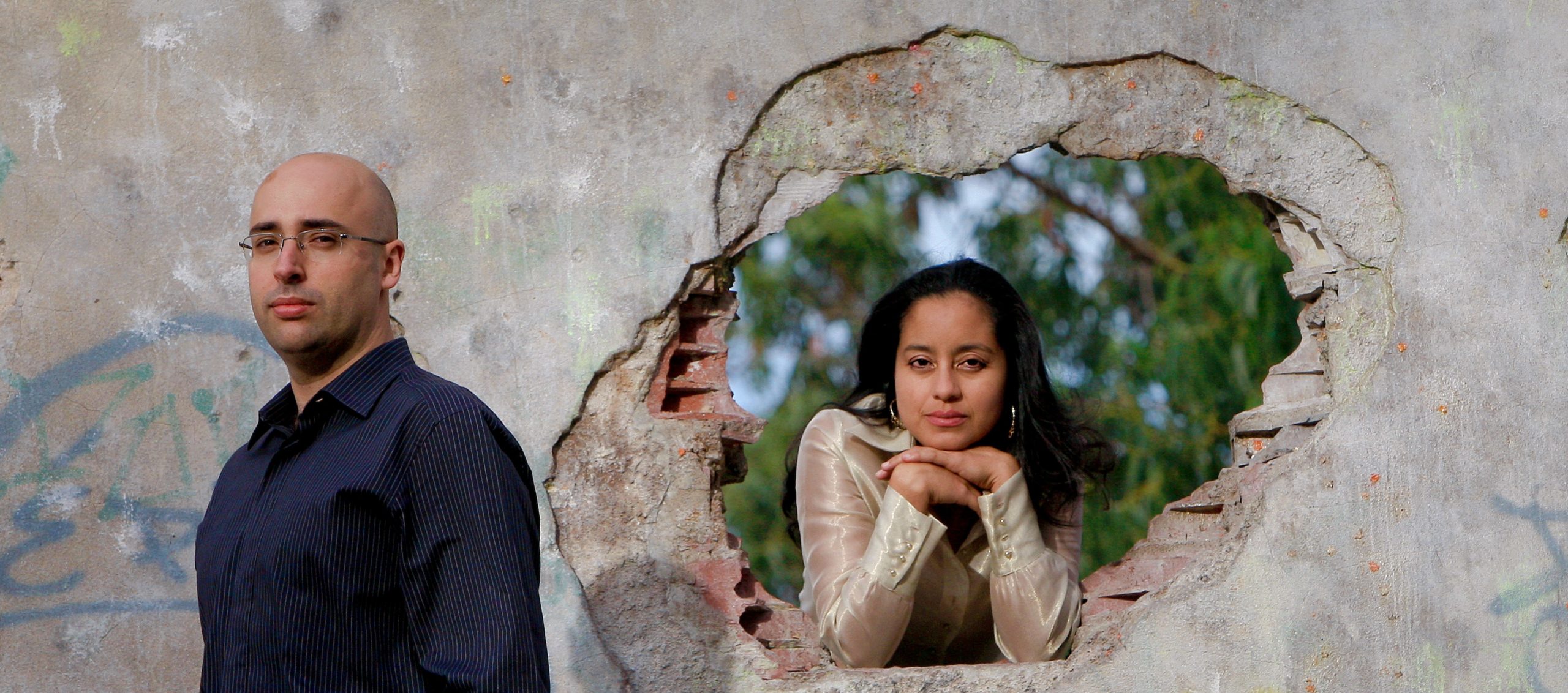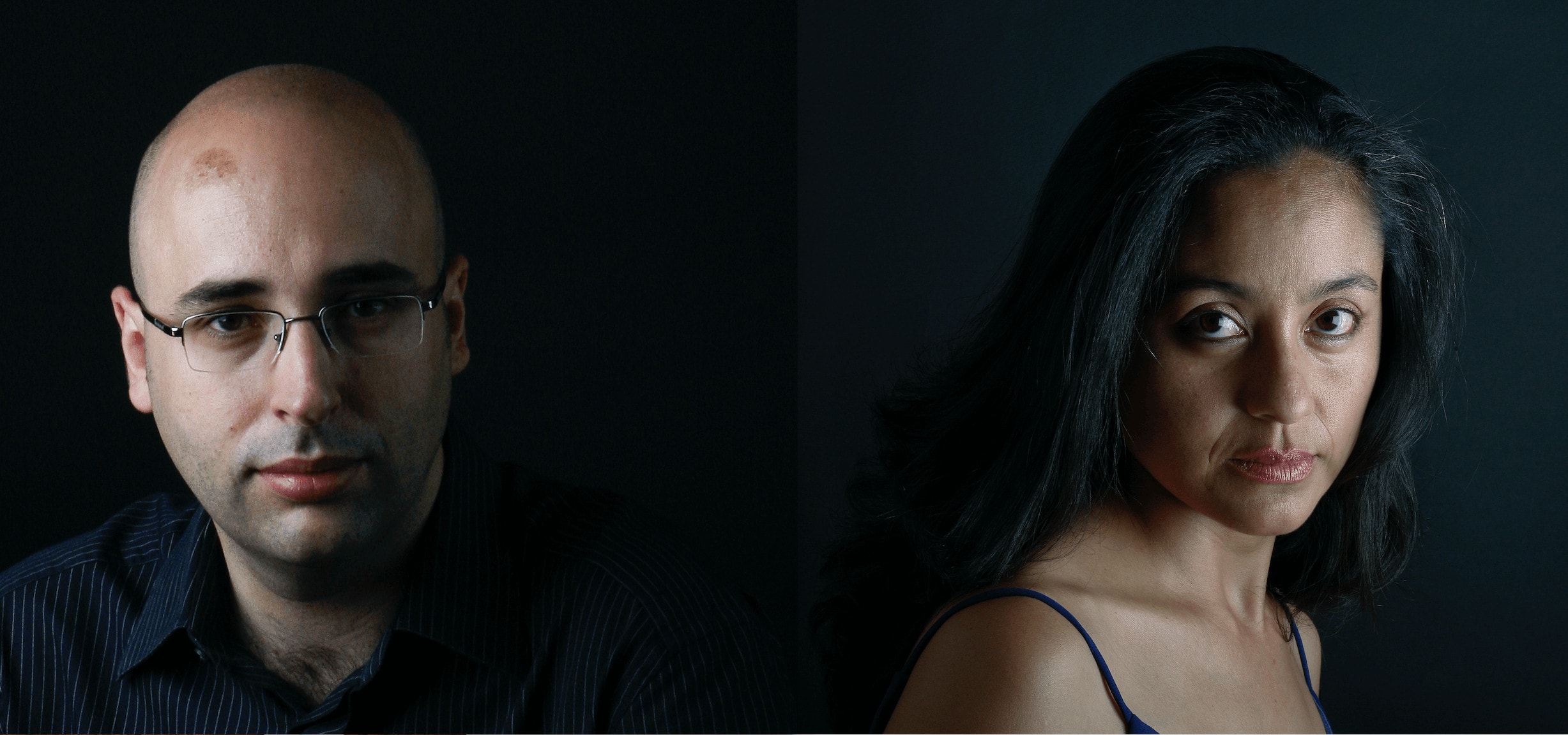Taking music from a performer’s own culture and pulling it together with more familiar-sounding music into a coherent program for an American audience is often tricky business. If it comes across as just checking so many boxes, then the result can be less than satisfying, or leave an audience fiddling in their seats until the music they really enjoy comes up.

One of Washington’s unique musical institutions, the Embassy Series, has a way of mastering this challenge by placing mostly (though not entirely) classical performers from global cultures into their respective embassies and ambassador’s residences, and having them work outward toward the more standard masterpieces of musical history. Something about the atmosphere of each country’s embassy or ambassador’s residence – not to mention the dinner party that follows most concerts in the Embassy Series – keeps an audience rapt throughout whatever grouping of music the performers have selected.
That certainly happened Wednesday night as the distinctive Portuguese piano duo of Rosa Maria Barrantes and Filipe Pinto-Ribeiro combined gems of 20th-century native Portuguese music and worked outward to related cultures – especially French but eventually Russian and American – for additional works that were progressively more familiar to local ears.
Right in the center of Barrantes and Pinto-Ribeiro’s program was a set of five arrangements of Portuguese folk songs by Fernando Lopes-Graça (1906-1994), who grew up in a small city northeast of Lisbon and studied at the Lisbon Conservatory. Collectively called Portuguese Rustic Melodies, the suite has analogies to works of the slightly earlier but better known Hungarian composer Béla Bartók, who had ventured into “the field” to pick up folk, nationalistic and “gypsy” or indigenous melodies, and then reworked them into formal, “classical” compositions.
The piano-duo style that Barrantes and Pinto-Ribeiro employ – always at one piano only, and always with Barrantes playing the upper half of the keyboard – give these melodies a piquant, almost pointillistic quality. The Rustic Melodies capture pastoral, lullaby, religious, and bucolically playful themes.
The qualities of the music were inseparable from the physical atmosphere in which the performance took place. A fairly large and art-bedecked reception hall of the Portuguese Ambassador’s residence on Kalorama Road off of Connecticut Avenue was set up with a late-model Steinway Model B grand piano, which is sizable enough but less hulking than a concert grand, which would have overwhelmed the space sonically and physically.

The close connection between Portuguese and French cultures was represented by one light French work to begin the pianists’ program and a much heavier one later on. The pianists, who are a married couple, began by performing the Dolly Suite by Gabriel Fauré. It begins with a lullaby in the form of a berceuse (or boat or gondola song) that really involves nothing more than the pianist on the upper part playing a melody in octaves against a pleasant, modulating and rolling accompaniment, although the melody eventually migrates to the lower piano part for a brief period of time. Other parts of the suite include a waltz, a Spanish dance, and various references to a child’s life – the “Dolly” of the title was a daughter of the composer.
More adventurous later in the program was a piano sonata for four hands on one piano by the mid-20th-century French composer Francis Poulenc. It had Barrantes and Pinto-Ribeiro employing the entire keyboard right from its bombastic beginning. But the sonata, with movements simply entitled “Prelude,” “Rustic,” and “Final,” frequently tucks in its wings to present slightly spiky or off-kilter “melodies” before flying back out to the top and bottom of the piano. The third and final movement speeds up and seems to recall the first movement but in hyperkinetic fashion, and gave the Poulenc sonata a fitting flourish at the end.
The duo of Barrantes and Pinto-Ribeiro has a distinctive personal background, in that Barrantes was born in Peru and the couple met in Moscow at the Tchaikovsky Conservatory, but they’ve settled in Pinto-Ribeiro’s native Portugal. Their personal backgrounds thus being both specific and cosmopolitan, they also performed two selections from a ballet suite called Souvenirs by the 20th-century American composer Samuel Barber, and a one-piano, four-hands arrangement of seven familiar selections from Peter Ilyich Tchaikovsky’s Nutcracker Suite.
One of the pair’s encores was a duo-pianist arrangement of a diverting piece called Libertango by the 20th-century Argentinian composer Astor Piazzolla. It was a fitting reminder that “classical” or serious art music is as alive and vital in the Western Hemisphere as in its European roots, and an especially appropriate conclusion to the musical, as opposed to gastronomic, portion of an Embassy Series event.
Barrantes and Pinto-Ribeiro Piano Duo performed on Wednesday, March 4, 2020, at 7:30 p.m. in the Embassy Series at the Residence of the Portuguese Ambassador, 2125 Kalorama Road NW, Washington, DC. For the remainder of the Embassy Series’ current season, go online.





I like that Portugal has such a beautiful culture. I enjoy their music and the way they express themselves through art, especially in this case since they are playing on our national instrument. Their sound is very soothing to my ears. It reminds me of how I feel when listening to live traditional folk music from Africa and Eastern Europe, which makes it even more special for me .